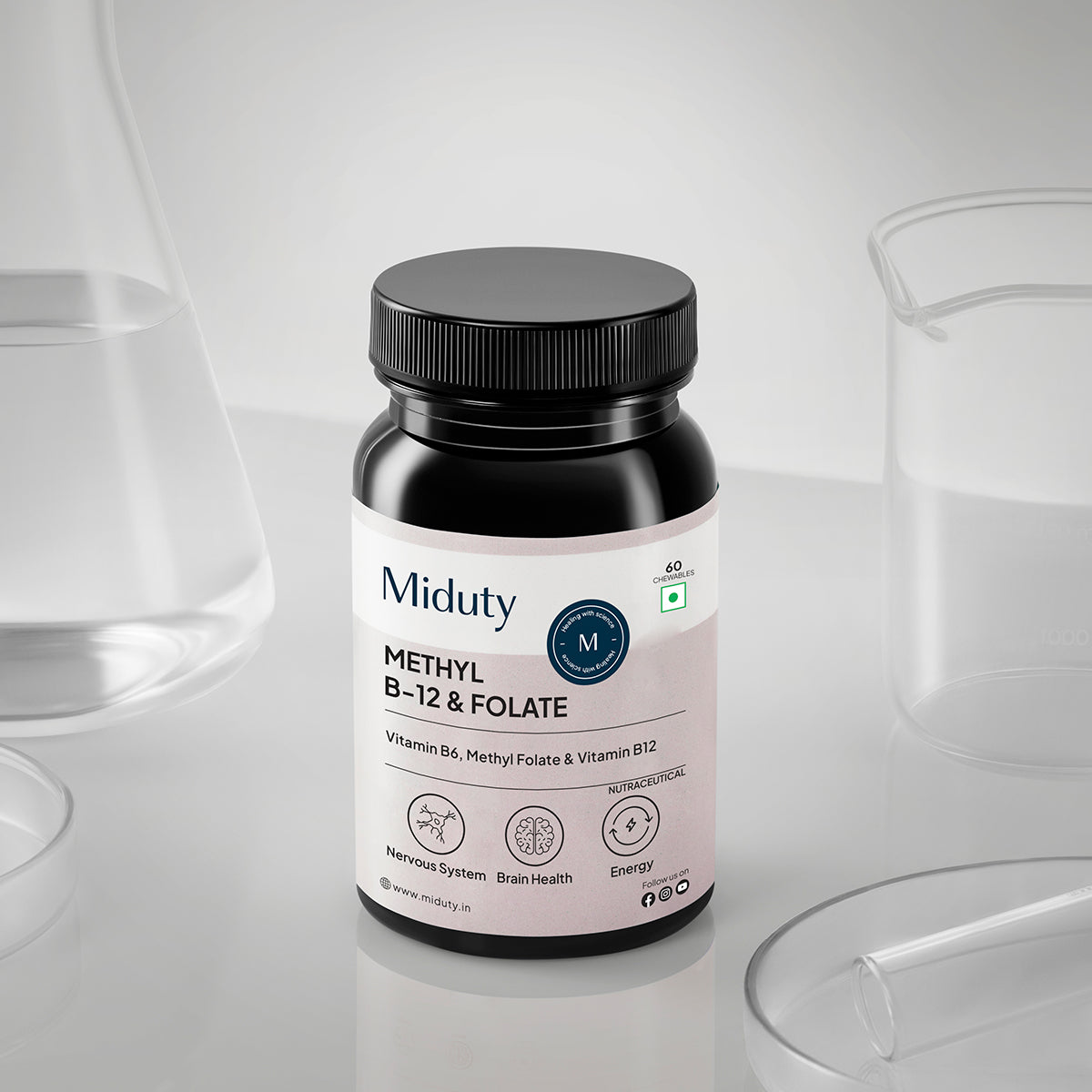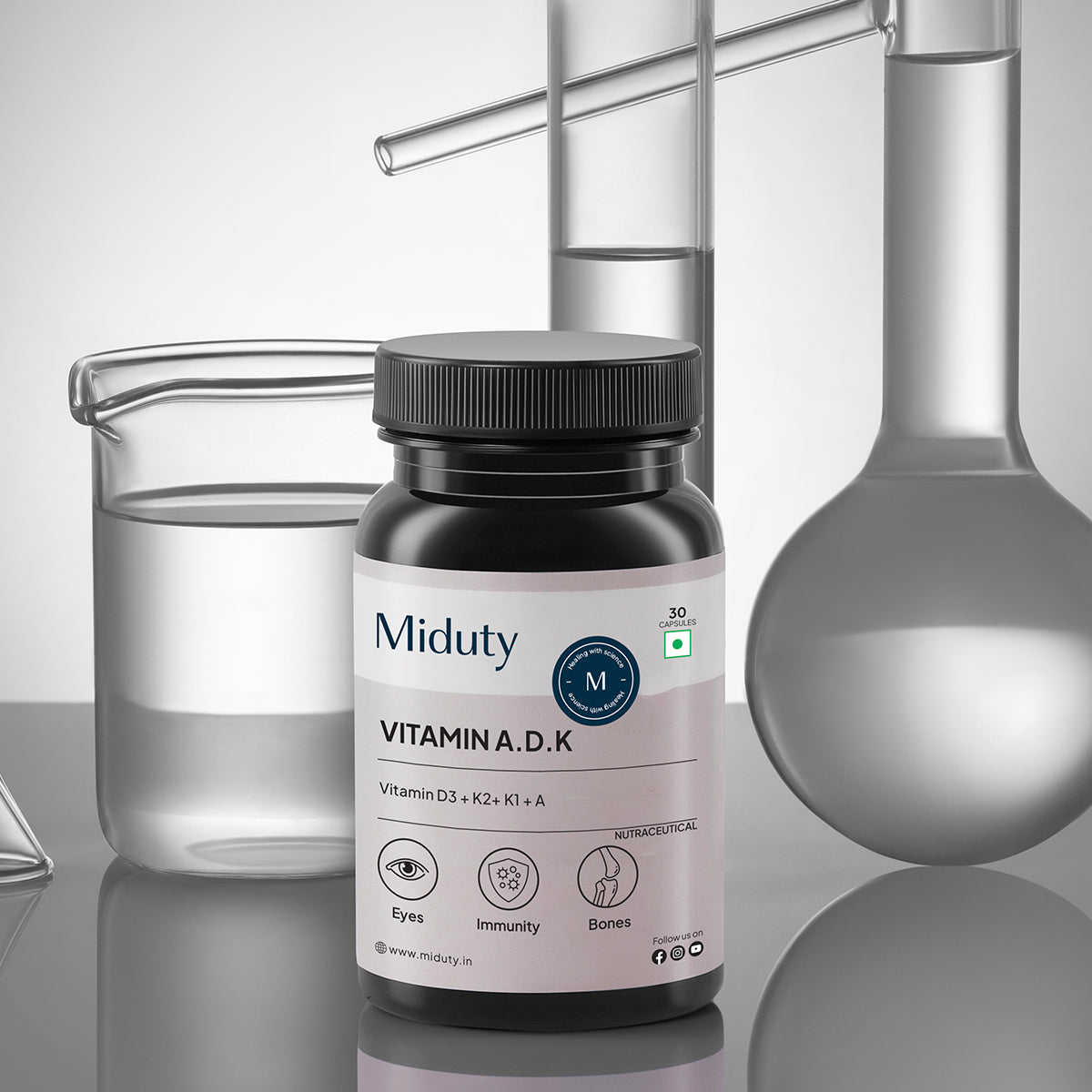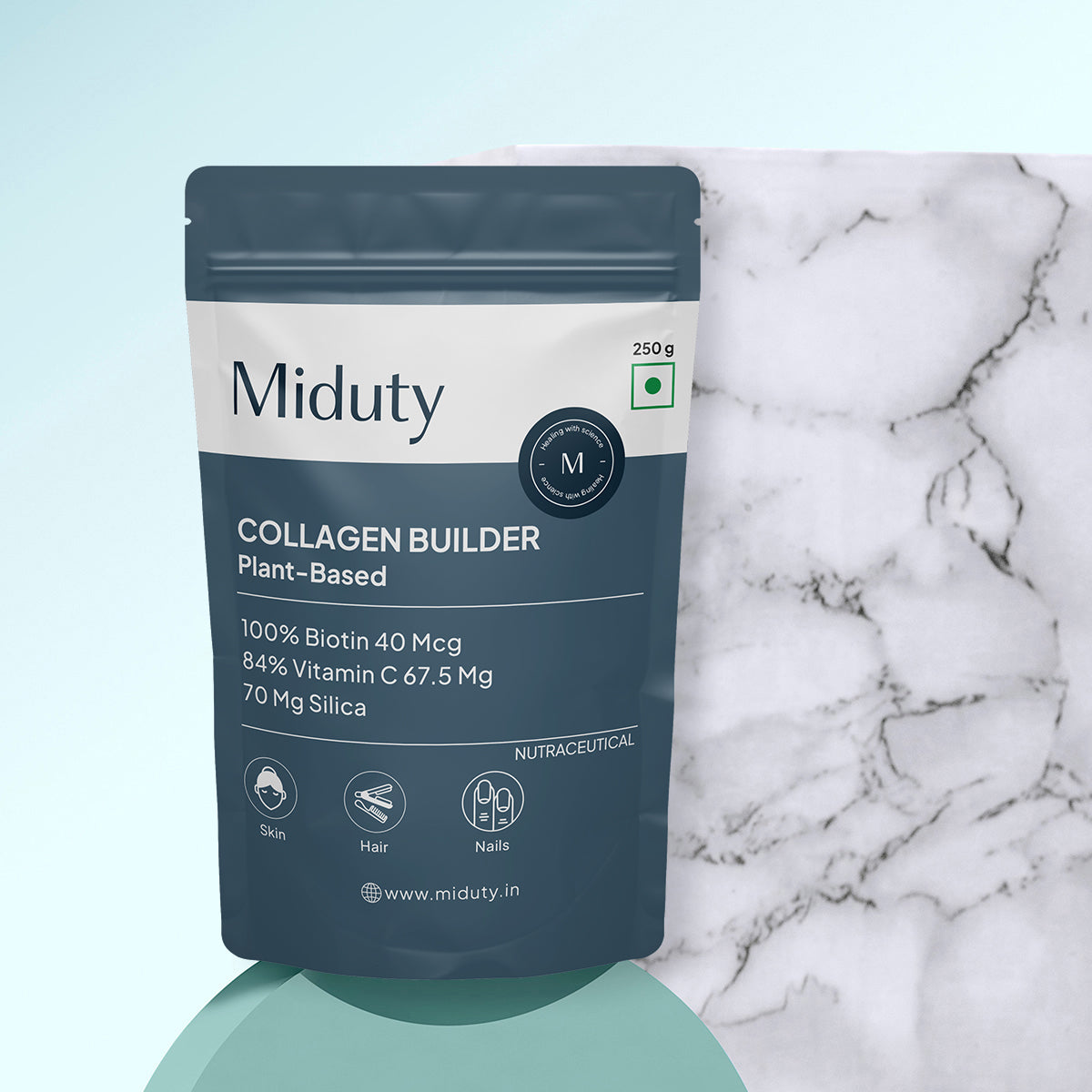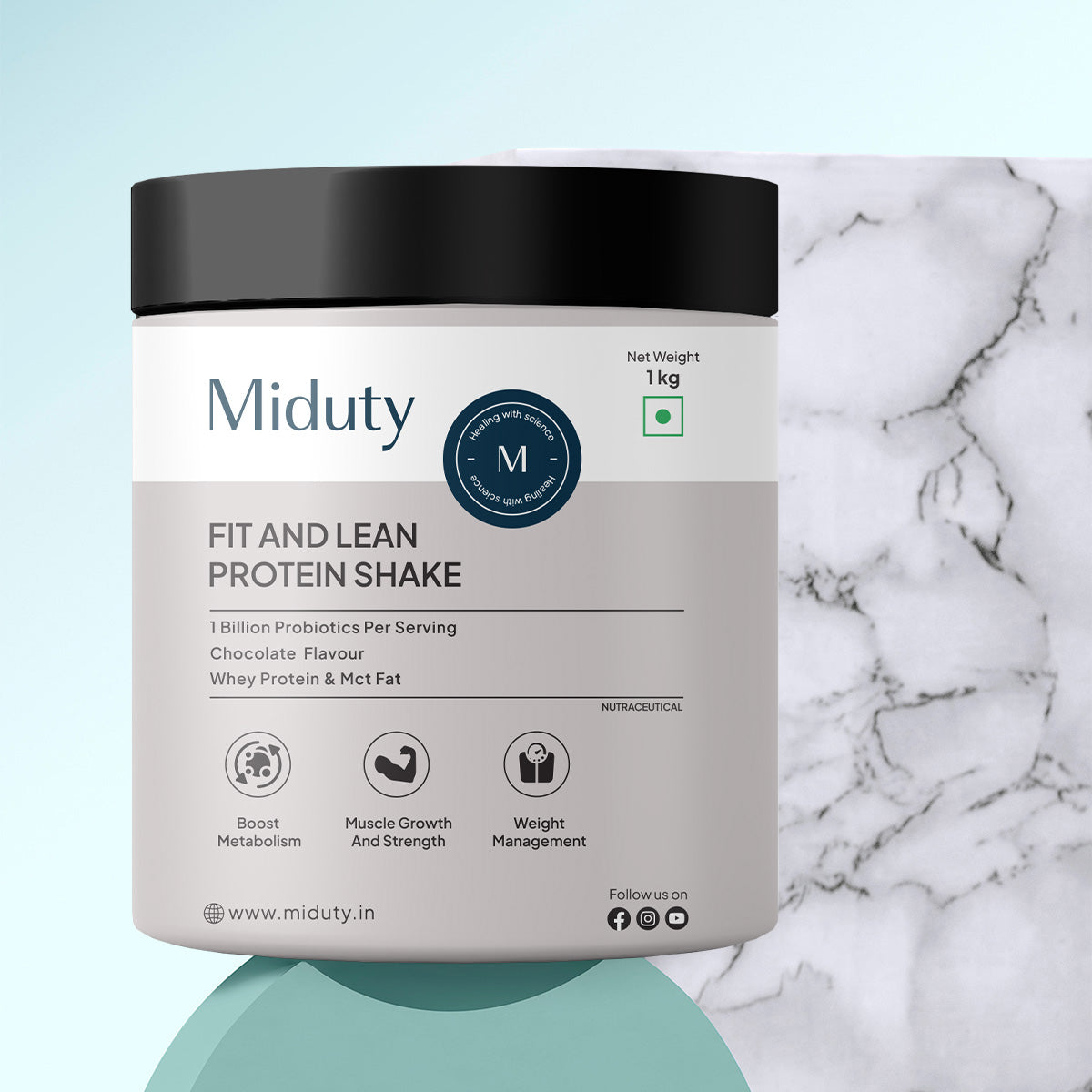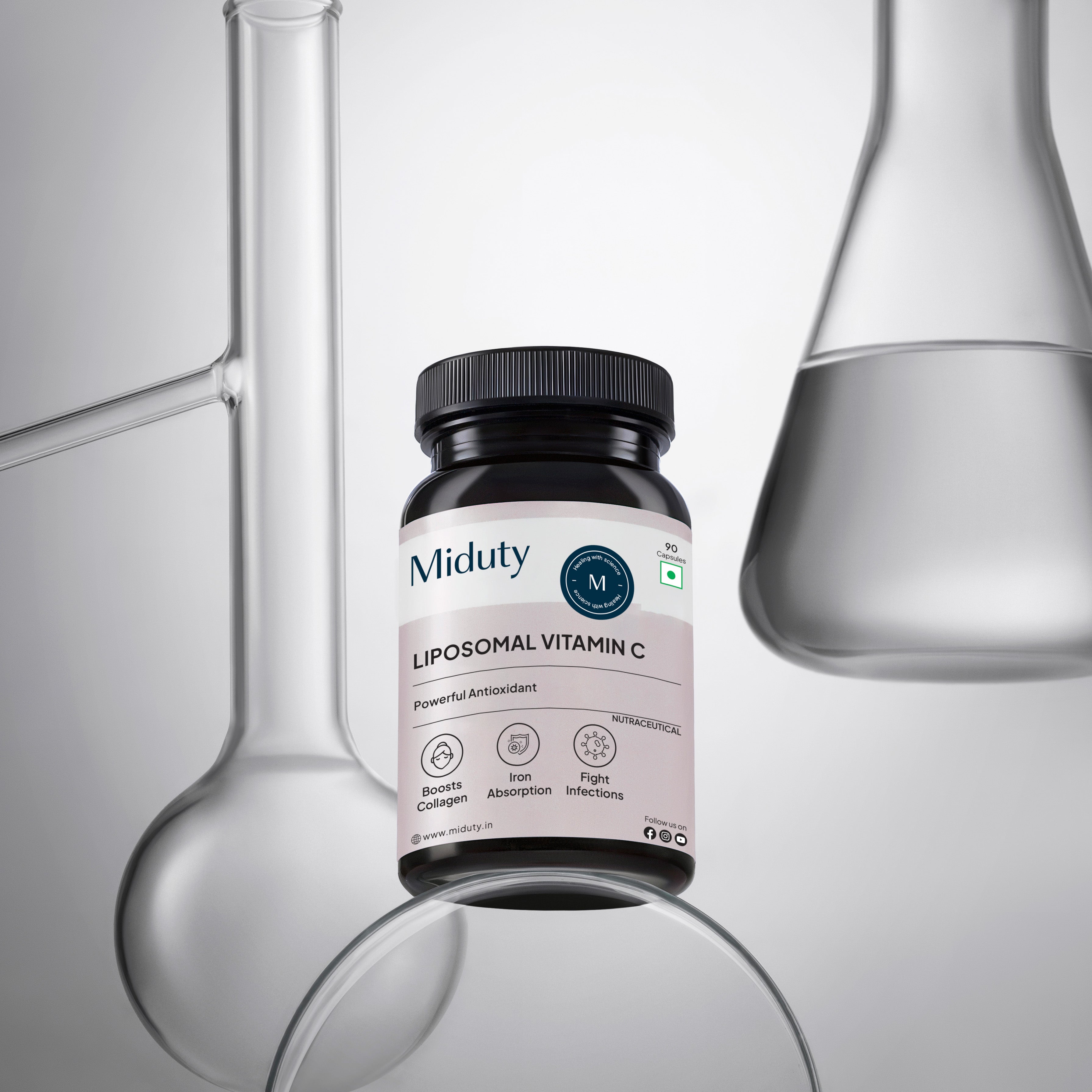
How To Make and Use Rice Water for Hair: Methods and Application Tips
Did you know rice water has been used for hair care for over 1,000 years in Asia? From the Yao women of China to Japanese courtesans, this simple rinse was the secret behind their famously long, glossy hair.
Today, rice water is making a major comeback, and not just as a viral trend. Packed with nutrients like inositol, amino acids, and antioxidants, it offers real benefits for strengthening hair, boosting shine, and reducing breakage.
But here's the catch: how you use rice water matters. In this guide, we'll show you exactly how to use rice water for hair the right way, based on your hair type, goals, and lifestyle, so you can get all the benefits without the buildup.
Key Insights
1. Consistent use of rice water 1–2 times a week improves hair strength and manageability in most hair types.
2. Fermented rice water has a lower pH and higher antioxidant content, making it better for scalp health and reducing inflammation.
3. Daily use of rice water can cause protein overload, especially in low-porosity or fine hair types, leading to stiffness or dryness.
4. Studies show rice water helps reduce hair surface friction by up to 15%, improving smoothness and reducing breakage.
5. Proper rinsing and dilution are key to preventing residue buildup and maintaining scalp balance.
Why Does Rice Water Use For Hair Matters?
We get it, rice water seems like a simple rinse-and-go solution. But if you really want to see results, it's worth understanding the "why" behind the how.
Here's why it matters:
- Rice water is rich in protein (inositol and amino acids). Overuse can lead to buildup, especially in low-porosity hair that already struggles to absorb moisture.
- Its high starch content can coat the scalp and hair, great for shine, but bad if not rinsed well.
- When applied correctly, it strengthens and smooths the hair; when overdone, it can lead to stiffness, dryness, and even breakage.
Just like with skincare, your application technique, timing, and frequency determine whether rice water becomes your hair's savior or just another trend that didn't work for you.
How to Make Rice Water For Hair?
Before using rice water, choosing the right preparation method is crucial as it affects how strong it is, how your hair will respond, and what results you can expect. Here are the three best ways to make rice water for hair care:
1. Soaking Method (Gentle & Beginner-Friendly)
Best For: Normal to dry hair, rice water first-timers
How It Works:
This method retains most nutrients without being too heavy or protein-rich.
Steps:
- Rinse ½ cup of uncooked rice thoroughly.
-Soak in 2–3 cups of water for 30 minutes.
- Swirl and strain. Store in the fridge for up to 5 days.
This version is gentle, easy to make, and suitable for most hair types.
2. Fermented Method (Most Potent)
Best For: Oily scalp, dandruff, hair fall concerns
How It Works:
Fermenting rice water lowers the pH and increases antioxidants, making it ideal for scalp health and growth stimulation.
Steps:
- Follow the soaking method.
- Let the rice water sit at room temperature for 24–48 hours until it smells slightly sour.
- Strain and store in the fridge. Use within 5–7 days.
Optional: Add lavender or rosemary oil to improve the scent and add extra scalp benefits.
3. Boiled Method (Thicker & More Nourishing)
Best For: Dry, frizzy, or heavily damaged hair
How It Works:
Boiling rice draws out more starch, resulting in a thicker, more moisturizing version of rice water.
Steps:
- Boil ½ cup of rice in double the amount of water.
- Once 90% cooked, strain the starchy water and cool it completely.
- Always dilute before use—1 part rice water to 2 parts water.
This method creates a deep conditioning effect, but can be too heavy for fine or oily hair types.
How To Use Rice Water For Hair?
There's no one-size-fits-all when it comes to using rice water. Choose the method that fits your hair type, lifestyle, and hair concerns.
1. As a Final Rinse (Post-Wash Treatment)
This is the classic method and one of the most effective.
When to Use
- After shampooing and conditioning
- 1–2 times per week
Why it works:
- Helps seal the cuticle
- Adds smoothness and shine
- Reduces friction and breakage
How to do it:
After washing, pour rice water over your hair, massage into the scalp and strands, leave for 5–15 minutes, then rinse thoroughly with plain water.
2. As a Leave-In Spray
Great for low-effort maintenance between washes or as a mid-week refresher.
When to Use:
- On dry or damp hair
- On alternate days (not daily)
- Focus on ends and mid-lengths
Why it works:
- Adds softness
- Reduces tangles
- Revives dull hair
Pro Tip: Always dilute your rice water before using it as a leave-in. Add 1 part rice water to 2 parts water, and store in a spray bottle for easy use.
3. As a Scalp Massage or Mask
Perfect if you're experiencing itchiness, dandruff, or an oily scalp.
When to Use:
- Once or twice a week
- With fermented rice water for best results
Why it works:
- Fermented water balances scalp pH
- Reduces inflammation and irritation
- Helps stimulate healthy follicles
How to do it: Apply directly to the scalp, massage gently for 5 minutes, leave on for 10–15 minutes, then rinse thoroughly.
4. As a Hair Soak for Deep Conditioning
This is a more intensive treatment that works well for damaged, dry, or frizzy hair.
When to Use:
- Once every 1–2 weeks
- Before shampooing
Why it works:
- Infuses hair with nutrients
- Strengthens from root to tip
- Reduces long-term breakage
How to do it: Soak your hair in diluted rice water for 15–30 minutes, cover with a shower cap, then rinse and shampoo as usual.
How Often Should You Use Rice Water: The Frequency
Using rice water the right way is about finding the right frequency, not more, not less.
|
Hair Type |
Recommended Frequency |
|
Dry/Damaged Hair |
1-2 times a week |
|
Oily Scalp |
2–3 times a week (fermented version) |
|
Low Porosity Hair |
Once a week (diluted) |
|
Normal Hair |
1–2 times a week |
Signs You're Overdoing It:
- Hair feels stiff, straw-like, or dry
- You notice flaking or residue on your scalp
- Increased breakage or tangles
If this happens, reduce frequency, switch to diluted or non-fermented versions, and focus on moisturizing masks between uses.
Additional Tips To Maximize Results
If you want to get the best out of your rice water treatment, you can follow these tried-and-tested tips:
1. Always Rinse Thoroughly
Don't leave concentrated rice water on your scalp. Rinse it off to avoid buildup and flaking.
2. Dilute When Needed
If your hair is fine, oily, or low-porosity, always dilute 1:2 with plain water.
3. Pair with Moisturizing Treatments
Rice water strengthens but doesn't hydrate. Use a deep conditioner or leave-in moisturizer once a week.
4. Add Essential Oils
Add a few drops of rosemary, peppermint, or tea tree oil to enhance scalp benefits and improve the smell of fermented water.
5. Use Fresh or Refrigerated Water Only
Rice water can go bad. If it smells rotten or off, even if fermented, discard it.
The Results You Can Expect
Rice water won't transform your hair overnight, but consistent, proper use delivers visible results.
Week 1–2:
- Hair feels softer
- Improved shine and less frizz
- Easier detangling
Week 3–4:
- Reduced breakage
- Less hair-fall during brushing
- Stronger strands, especially at the ends
Week 5–6 and beyond:
- Noticeable growth (if breakage has reduced)
- Scalp feels healthier with less irritation
- More volume, smoother texture
Results may vary based on hair type, routine, and the quality of rice water used. But with patience and consistency, rice water can become a powerful long-term ally in your hair care routine.
Things To Avoid When Using Rice Water
While rice water is natural and generally safe, using it incorrectly can lead to side effects or no results at all. Here are the most common mistakes and how to avoid them:
1. Using It Too Often
Problem: Rice water is rich in protein-like compounds. Daily use can lead to protein overload, making hair stiff, dry, or brittle.
Fix: Stick to 1–2 times per week, depending on your hair type, and give your hair time to absorb and benefit from it.
2. Not Rinsing Properly
Problem: Leaving rice water on your hair without rinsing can cause build-up, itching, and flakes, especially on the scalp.
Fix: Treat rice water like a treatment, not a leave-in for everyone. Rinse thoroughly after 10–20 minutes unless you're using a diluted leave-in spray.
3. Ignoring Hair Type & Porosity
Problem: What works for thick, high-porosity hair might damage fine or low-porosity strands.
Fix: Understand your hair's needs:
-
Low-porosity hair: Use diluted rice water and also, less frequently.
- High-porosity or damaged hair: Rice water can help rebuild structure, use 2 times a week.
4. Using Old or Contaminated Rice Water
Problem: Rice water spoils quickly. If it smells off, it may have developed harmful bacteria.
Fix: Use within 5–7 days, always refrigerate, and discard if it smells bad. A slightly sour scent in fermented water is fine, but not rotten or musty.
5. Skipping Moisture Treatments
Problem: Rice water strengthens, but it doesn't moisturize. Skipping hydration can lead to brittle hair.
Fix: Alternate with hydrating masks, leave-in conditioners, or aloe vera-based treatments. Keep the protein-moisture balance in check.
Who Should NOT Use Rice Water For Hair?
While rice water is versatile, it may not suit everyone without adjustments.
1. Low Porosity Hair
Low porosity hair already resists water and absorbs product slowly. The proteins in rice water can sit on the surface, causing stiffness or buildup.
Tip:
- Always dilute rice water (1:2 or even 1:3)
- Use once every 10–14 days
- Pair with warm water or steam to help absorption
2. Protein-Sensitive Hair
Some hair types don't react well to protein, even natural sources like rice water and as a result, your hair may feel dry and straw-like.
Tip:
- Do a strand test before full application
- Alternate with hydrating treatments
- If your hair feels stiffer after use, reduce the frequency
3. Active Scalp Conditions
If you have scalp psoriasis, fungal infections, or eczema, rice water may cause further irritation or imbalance.
Tip:
- Always consult a dermatologist before introducing any new topical solution
- Start with small, patch-tested areas
Pair Rice Water with the Right Supplement
Rice water strengthens hair from the outside, but real growth also needs internal support.
Adding a gentle, hair-focused supplement like Miduty's Thick and Grow with biotin, zinc, and plant extracts like saw palmetto and horsetail can:
- Strengthen roots
- Support thicker, healthier growth
- Nourish hair from within
For best results, combine your rice water routine with a daily supplement to support your hair from the inside out.
Conclusion
Using rice water for hair isn't just about following a trend, it's about using a time-tested, nutrient-rich remedy the right way. When applied with intention and tailored to your hair's unique needs, rice water can help you unlock stronger, shinier, and healthier hair.
From softening strands and reducing breakage, it also creates a perfect scalp environment for growth. Rice water proves that some of the best beauty solutions are still found in your kitchen.
So the next time you rinse rice, think twice before throwing that water away, it might be the most powerful step in your hair care routine yet.
Frequently Asked Questions for Rice Water for Hair -
Q1. What is the proper way to use rice water for hair?
The best way to use rice water is as a post-wash rinse. After shampooing and conditioning, pour diluted rice water over your hair, massage it into the scalp, leave it on for 10–20 minutes, and rinse thoroughly. Use it 1–2 times a week for best results.
Q2. How long can I leave rice water in my hair?
You can leave rice water on your hair for 15 to 30 minutes. Leaving it longer may cause buildup or dryness, especially for low-porosity or protein-sensitive hair types.
Q3. Should I shampoo after rice water?
No, shampooing after isn't necessary. Rice water is best used after shampooing, and it should be rinsed out with plain water. Shampoo again only if your hair feels heavy or sticky afterward.
Q4. Should I boil rice water for hair growth?
Yes, boiled rice water is one method you can use, especially if your hair is dry or damaged. It's thicker and more nourishing due to its higher starch content, but always dilute it before applying to avoid buildup.
Q5. Can rice water stop hair fall?
Rice water can help reduce hair fall by strengthening strands, improving scalp health, and minimizing breakage. However, for lasting results, it should be combined with a balanced diet, proper hair care, and—if needed—supplement support.
References




